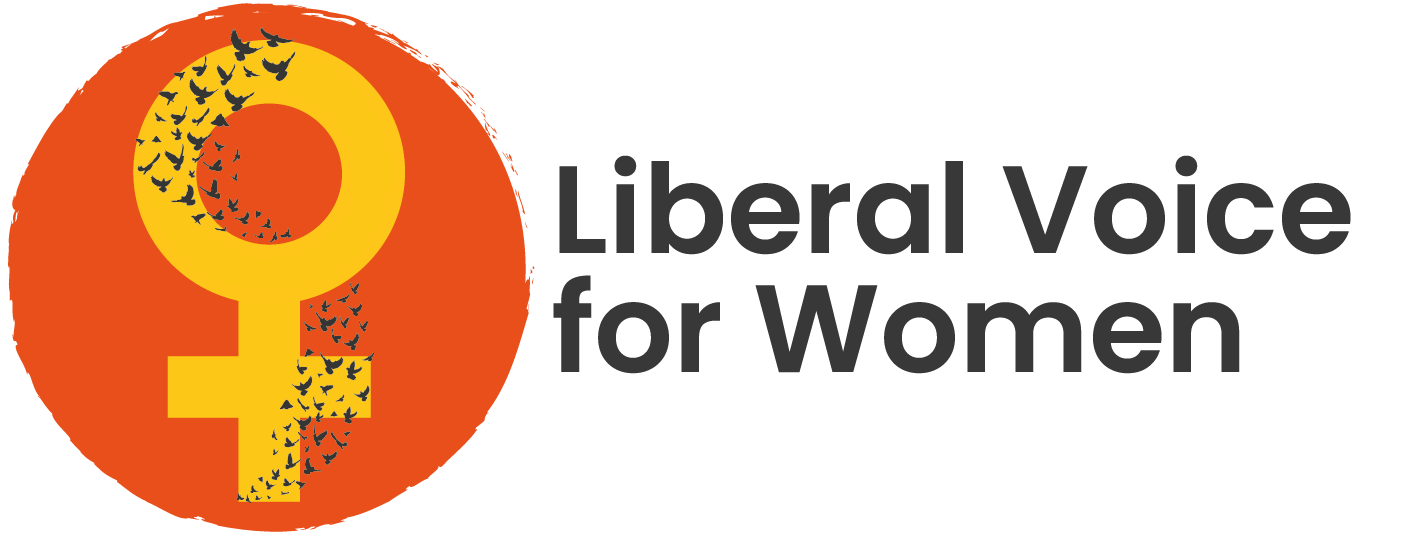When is a debate not a debate?
When it’s about banning ‘gender identity’ conversion therapy.
The long-discredited, inhumane practice of trying to alter gay or lesbian sexual orientation is dying out in this country. Rightly so. It is abusive and doesn’t work.
But despite its lack of prevalance in recent decades, conversion therapy is back on the agenda, but with a difference. The government is currently consulting on a ban on conversion therapy for sexual orientation and gender identity.
There are serious issues with the proposed ban, and few have distilled these more succinctly, compassionately and elegantly than Naomi Cunningham in her recent speech to Middle Temple LGBTQ+ Forum Inaugural Annual Dinner. Anyone wanting to understand the issues should read that speech, if nothing else.
Many trans campaigners did not want Naomi’s speech to be heard - indeed, a petition, signed by over 100 legal professionals and students called to have her deplatformed from the event. But despite the noise, the organisers stood firm, and the speech was heard.
Sadly, Lib Dem members have not had the same opportunity to hear such a range of arguments on this topic.
A non-debate at Lib Dem Conference, 2021
Ban Conversion Therapy was the very first motion on the agenda, on the Friday afternoon of Conference, last September. While few could argue with the headline, there were a number of problems that we identified with the motion:
It conflated sexual orientation and gender identity
It ignored the existence of gender dysphoria as a medical condition
It had the potential to criminalise therapists offering neutral talking therapies for patients presenting with gender dysphoria
It failed to take into account the experiences of detransitioners or to build in protections for anyone for whom medical transition would turn out not to be an appropriate path.
An amendment that would have built in specific protections for therapists offering normal, exploratory talking therapy to sufferers of gender dysphoria had already been rejected. So those with concerns were left with no option but to speak against the motion. Several members of our group submitted speakers’ cards. Other Lib Dems have also told us they submitted cards.
Conference then heard six speeches in favour of the motion. The full ‘debate’ can be found here, starting at 54:23.
Anyone watching the debate will notice a striking fact: No speeches against the motion were heard. The Chair cited ‘technical problems’ as the reason for not calling people who were on stand-by to speak. A member of the Conference Committee later tweeted that they ‘ran out of time’.
We tweeted about it at the time, and journalist Debbie Hayton did a write-up of events. On the same day, the Lib Dems’ press department put out a statement congratulating Conference-goers on passing a policy that had received no democratic scrutiny from members whatsoever.
Even more troubling than the fact that no debate took place, is that many Lib Dems, including those in senior positions in the party, argued that it didn’t really matter that only one side was allowed to speak as our speeches were never going to 'turn it around' anyway.
This is the definition of echo chamber thinking and entirely incompatible with liberal democracy. What is the point of a conference if you don’t think people will change their minds upon hearing debates?
More conflation, more preconceptions
The sentiment that ‘everyone already agrees with us anyway’ is a recurring theme in the debate about conversion therapy for ‘gender identity’. For example, the lead researcher on the paper accompanying the launch of the government’s consultation, Dr Adam Jowett (he/him) of Coventry University, claimed to have knowledge of the political views of those who took part in his research (despite that not being the subject of the research), saying he is ‘sure’ the 30 individuals interviewed agreed with his views on the LGB Alliance.
It should come as no surprise that the LGB Alliance, which was specifically created to defend LGB people from having their interests conflated with those of people who identify as trans, would be critical of a study which did just that.
The research paper itself is flawed on a number of levels, as a rapid review carried out by human rights campaign Sex Matters outlines here.
Bizarrely, the research fails to record a key demographic variable, i.e. the sex of any of the participants in the study. But most spectacularly, the 54 page paper fails to mention gender dysphoria, the psychological condition that very often leads an individual to pursue therapeutic help, except once - in the footnotes. Meanwhile, the undefined concept of ‘gender identity’ is mentioned 103 times.
Nikki da Costa, Former Director of Legislative Affairs at No 10, tweeted her concerns about this, and other aspects of the process here.
So far, everything surrounding the government’s much hyped proposed legislation to ‘ban conversion therapy’ has been characterised by: conflation of two distinct concepts, suppression of debate, and an attitude that ‘everyone already agrees with us’.
But, just like Lib Dems at Conference, members of the public who are responding to the government’s consultation document, and parliamentarians who will eventually debate and scrutinise the Bill, deserve to do so with full access to the facts, and without pressure to conform to preconceived conclusions.
While we Lib Dem members take no pleasure in going public regarding what we perceive as serious failings within our party. But we believe what is most needed here is transparency. This legislation has too much potential to be damaging for us to stay quiet about it.
Policy made in the dark will not survive the light of day. The Middle Temple event marked the end of the era of #NoDebate on ‘gender identity’. The Lib Dems’ debate on the conversion therapy legislation starts here.
Find out more, and respond to the consultation here.
